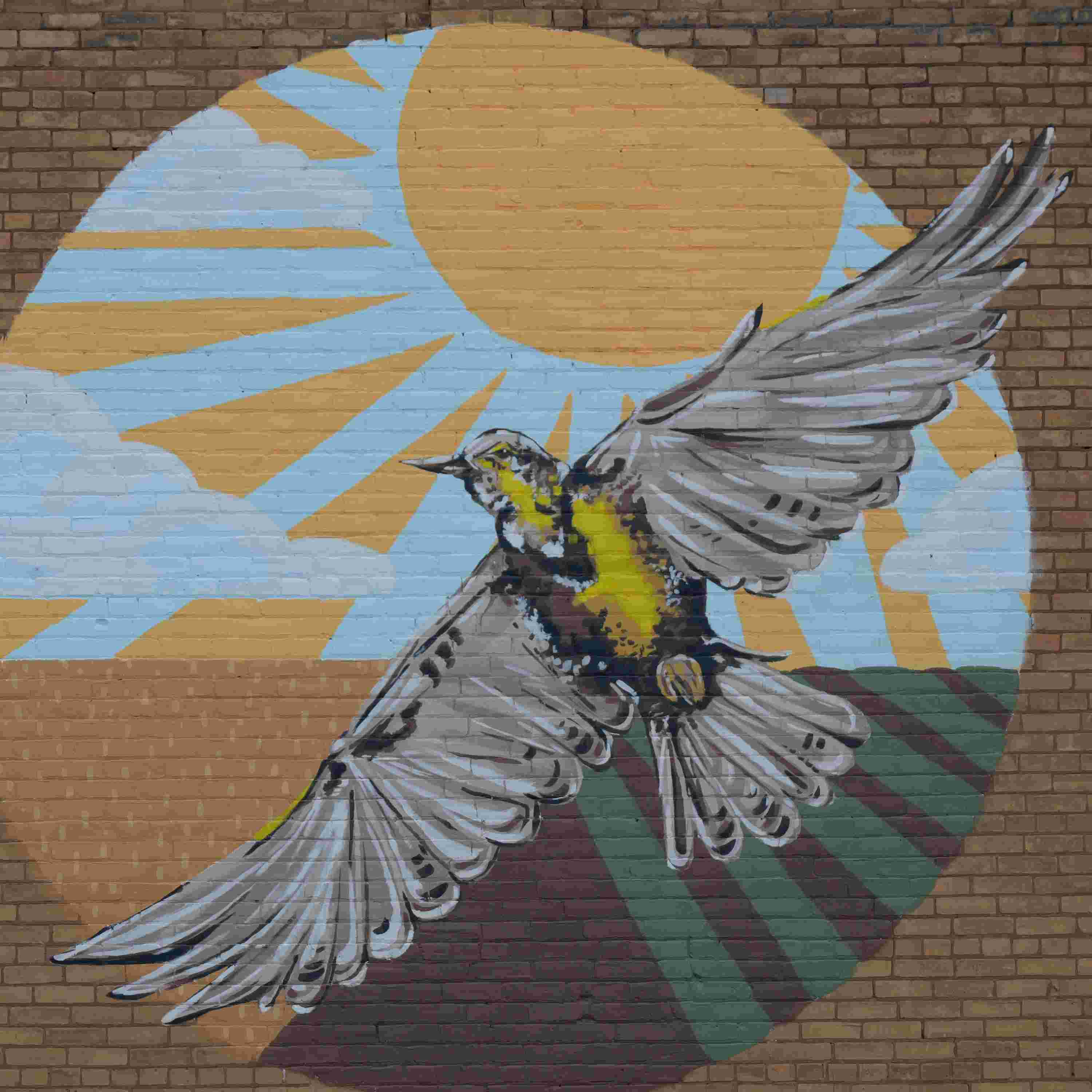

In Episode 3, we ask "what does it take to change our minds and our relationships to land?" And, "how could we begin to think like a prairie?"
To explore these questions, we talk with Dr. Curt Meine, senior fellow at the Aldo Leopold Foundation and the Center for Humans and Nature.
Listen to the episode to learn how Aldo Leopold's mind changed about land over the course of his illustrious career. From his work to designate the Gila Wilderness as the world's first protected wilderness area in 1924 to his groundbreaking book A Sand County Almanac (1949), we explore Leopold's legacy in American conservation and discuss how we can continue to learn from Leopold's example today.
Dr. Meine is the author of the first biography on Aldo Leopold and the on-screen narrator for the Emmy-winning documentary Green Fire: Aldo Leopold and A Land Ethic For Our Time.
We'd love to have you share your stories about moments when your ideas or relationships to land changed. For inspiration, check out Aldo Leopold's essay "Thinking Like a Mountain," which inspired today's episode of Common Ground: A Prairie Podcast.
The podcast is supported by a generous grant from the ND Natural Resources Trust. This episode was produced by Crista Fiala. Theme music provided by Matthew Connolly.
#Aldoleopold, #Asandcountyalmanac, #Aldoleopoldfoundation, #centerforhumansandnature, #conservation, #prairie, #nature, #wolves